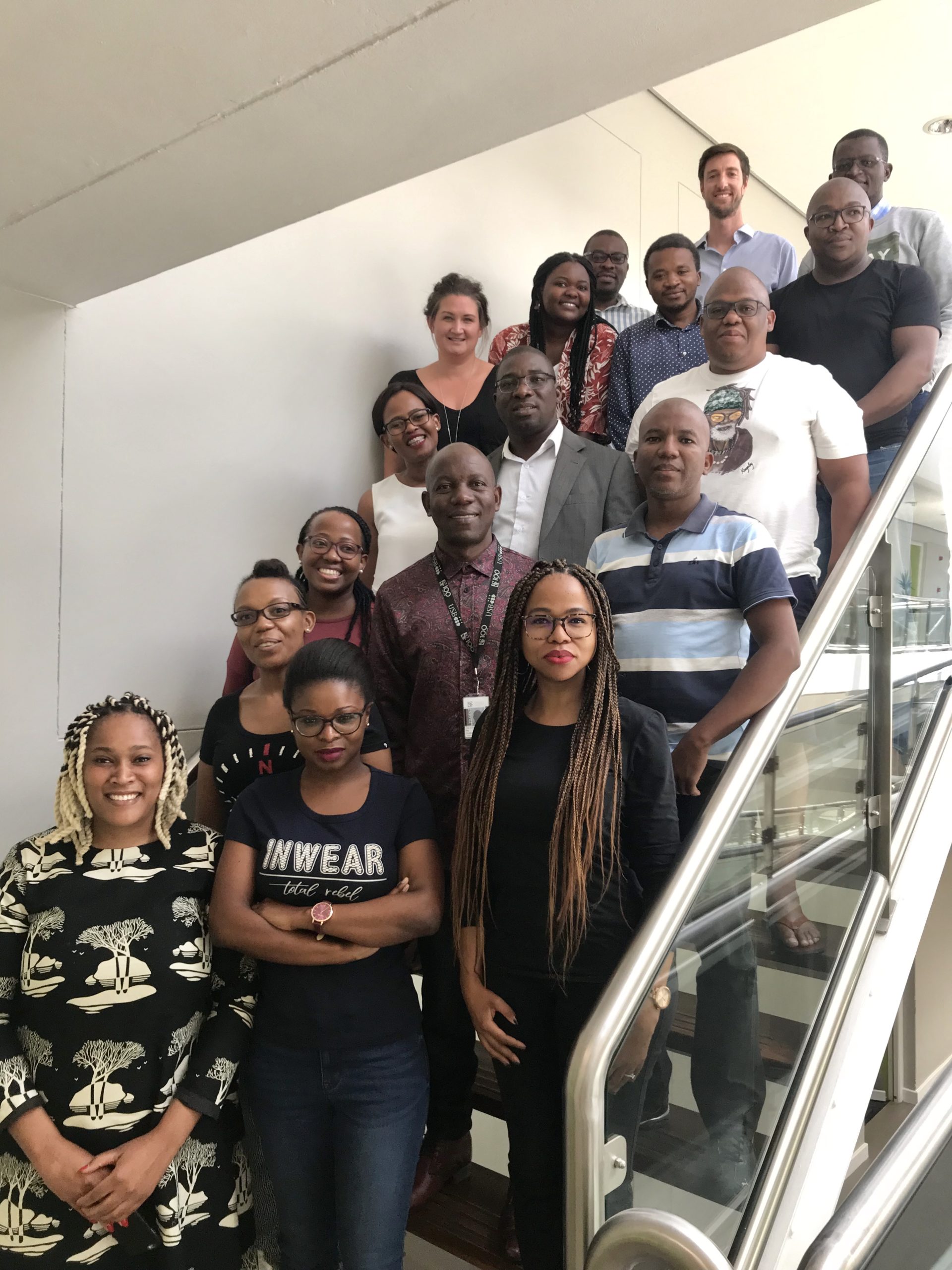
Early last year, I taught my first course on Environmental Finance at the University of Stellenbosch Business School (USB). The course focused on sustainable energy solutions and the financing thereof while drawing on recent examples from the continent and regional renewable energy programs like South Africa’s Renewable Energy Independent Power Producer Procurement Programme (REIPPPP). I really enjoyed working with the students and helping the next generation of leaders pursue careers in clean energy with companies working to address various Sustainable Development Goals (SDGs).
After the course, I submitted several student papers to the Konrad-Adenauer-Stiftung (KAS) foundation which often publishes on similar topics in sub-Saharan Africa. After going through some adaptations and iterations to several of the papers, KAS agreed to publish them and even compensate the students for their time working on the papers. I’m grateful to the KAS team for working together on this to promote the work of some very talented students looking to further their careers in this industry on the continent. You can read the papers from each student below:
- Solar Energy in East Africa – Opportunities, Challenges and the Impact of
COVID-19 by Susan Pendame - Energy and Covid-19: Sustainable Finance: An essential tool to enable access to clean and affordable energy in Namibia by Arnold Marambire
- Could Green Bonds & Social Bonds be the solution to South Africa’s socio-economic woes? by Vuyo Mroxiso
You can also access a short introductory video from each student on the KAS Facebook page:
https://www.facebook.com/kas.energy.and.climate.subsaharan.africa/videos/223563642583825/
The course was well received by the students and the USB, so we adapted some of the course content for an online renewable energy finance course for undergraduates at the University of Stellenbosch. I also worked with University of Groningen in the Netherlands to teach a similar online course for students at the Eduardo Mondlane University (UEM) last year. I’m looking forward to teaching it again in February 2021 and further adapting the content to a purely online format due to restrictions on teaching during the COVID-19 pandemic.
